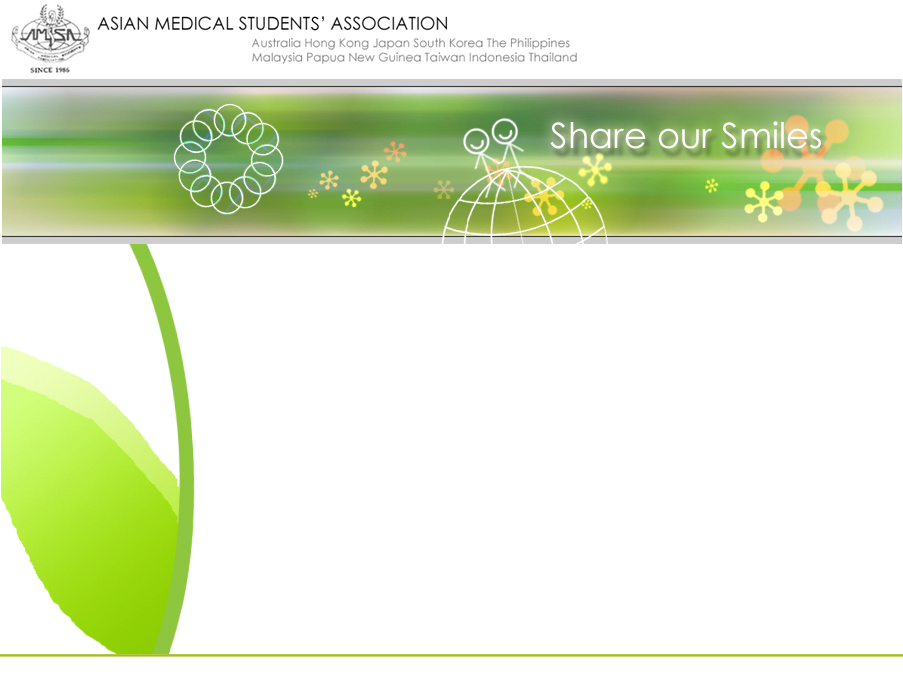Facts about Thailand
Capital: Bangkok
(Krung Thep, meaning " city of angels")
Geography: The
kingdom of Thailand lies in the heart of Southeast Asia, making
it a natural gateway to Indochina, Myanmar and Southern China. Its
shape and geography divide into four natural
Regions: the mountains
and forests of the North; the vast rice fields of the Central Plains;
the semi-arid farm lands of the Northeast plateau; and the tropical
islands and long coastline of the peninsula South.
Population: Thai
(80%), Chinese (10%), Malay (3%), and the rest are minorities (Mons,
Khmers, hilltribes) Thais are wellknown for their friendliness and
hospitality. A large majority of over 62 million citizens of Thailand
are ethic Thai, along with strong communities whose ethnic origins
lie in China, India and elsewhere. About 7 million people reside
in the capital city of Bangkok.
Language: Spoken
and written Thai is largely incomprehensible to the casual visitor.
However, English is widely understood, particularly in Bangkok where
it is almost the major commercial language. English and some European
Languages are spoken in most hotels, shops and restaurants in major
tourist destinations, and Thai-English road and street signs are
found nationwide.
Religion: Buddhism
(95%), Muslim (4%), others (1%)
Time: The time in Thailand is seven hours ahead
of Greenwich Mean Time (+7 hours GMT).
Climate: Thailand
enjoys a tropical climate with three distinct seasons-hot and dry
from February to May (average temperature 34 degrees Celsius and
75% humidity); rainy with plenty of sunshine from June to October
(average day temperature 29 degrees Celsius and 87% humidity); and
cool from November to January (temperatures range from 32 degrees
Celsius to below 20 degrees Celsius with a drop in humidity).
Much lower temperatures are experienced in the North and Northeast
during nighttime. The South has a tropical rainforest climate with
temperatures averaging 28 degrees Celsius almost all year round.
Electricity: The
electric current is 220 volt AC (50 cycles) throughout the country.
Many different types of plugs and sockets are in use. Travellers
with electric shavers, hair dryers, tape recorders and other appliances
should carry a plug adapter kit. The better hotels will make available
110-volt transformers.
Tap water:
Tap water is clean but drinking from it directly should be avoided.
Bottled water is recommended
Clothing:
Light, cool clothes are sensible and a jacket is needed for formal
meetings and dining in top restaurants. Shorts (except knee length
walking shorts), sleeveless shirts, tank tops and other beach-style
attire are considered inappropriate dress when not actually at the
beach or in a resort area.
Currency and Currency exchange:
The thai unit of currency is the baht 1 baht is divided into 100
satang. Note are in denominations of 1,000 (brown), 500 (purple),
100 (red), 50 (blue), 20 (green) and 10 (brown) baht. Coins consist
of 25 satang, 50 satang, 1 baht, 5 baht and 10 baht.
Bargaining: Fixed
prices are the norm in department stores, but at most other places
bargaining is to be expected. Generally, you can obtain a final
figure of between 10-40% lower than the original asking price. Much
depends on your skills and the shopkeeper's mood. But remember,
Thais appreciate good manners and a sense of humor. With patience
and a broad smile, you will not only get a better price, you will
also enjoy shopping as an art.
![]()
![]()

